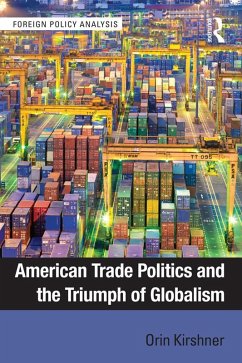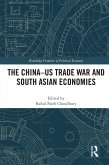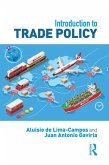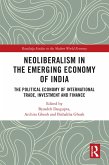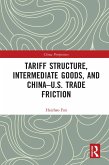By participating in multilateral trade agreements, the U.S. Congress has transferred its trade policymaking authority to the president and, through international trade negotiations, from the American state to the GATT/WTO regime. This reorganization of policymaking authority has resulted in the "triumph of globalism," and fundamentally alters the citizen-state relationship assumed in democratic theory. Kirshner illustrates this process through four case studies: The Reciprocal Trade Agreements Act of 1945, The Trade Expansion Act of 1962, The Trade Act of 1974, The Omnibus Trade and Competitiveness Act of 1988, and further examines the impact of the Uruguay Round Agreements Act of 1994 on the political and institutional structure of American trade politics up to the current period.
American Trade Politics and the Triumph of Globalism makes a significant contribution to the study of both international trade and domestic American politics. This is essential reading for students and scholars of trade policy, international political economy, American politics, and democratic theory.
Dieser Download kann aus rechtlichen Gründen nur mit Rechnungsadresse in A, B, BG, CY, CZ, D, DK, EW, E, FIN, F, GR, HR, H, IRL, I, LT, L, LR, M, NL, PL, P, R, S, SLO, SK ausgeliefert werden.

